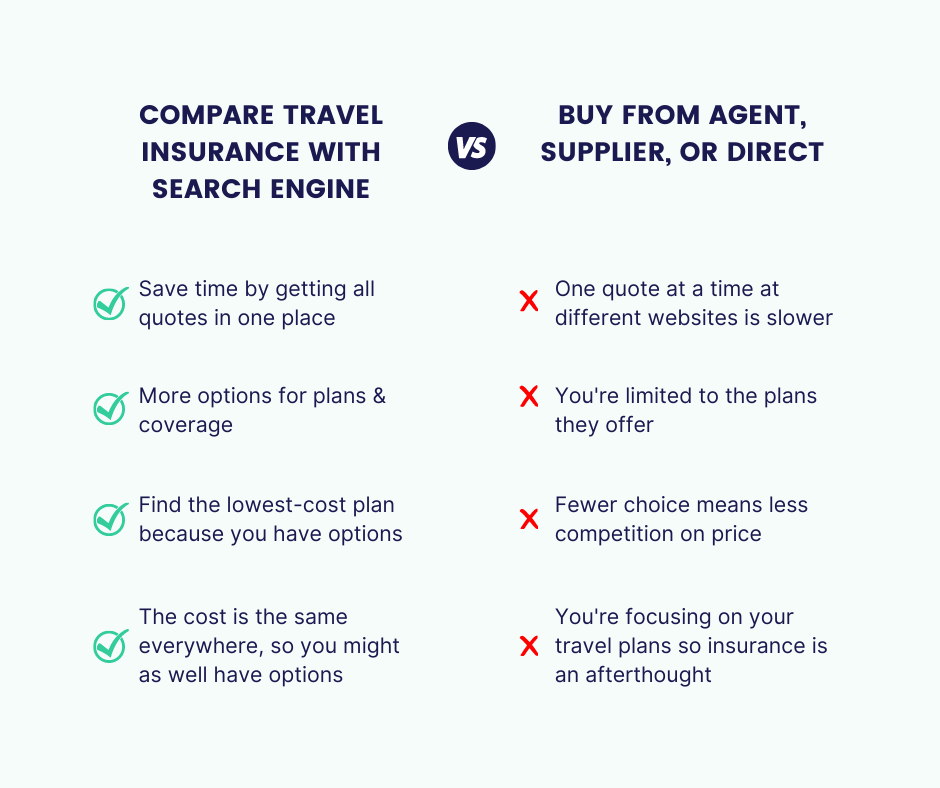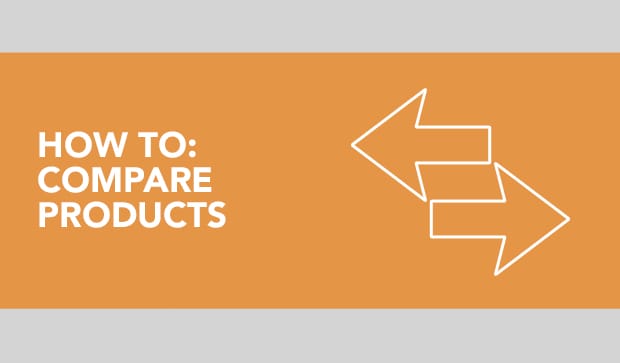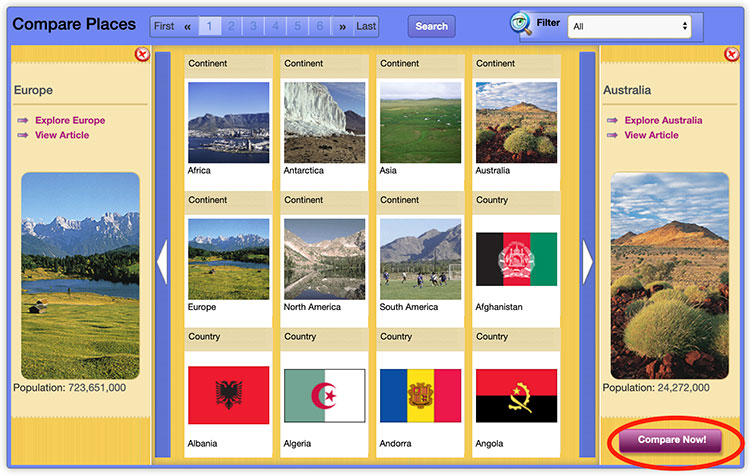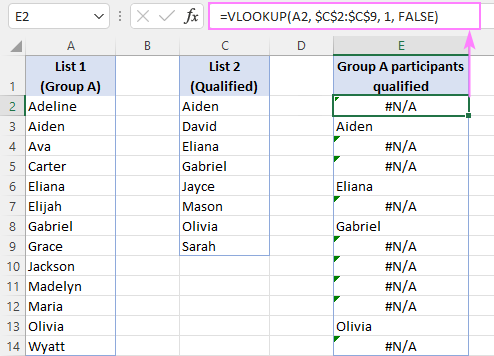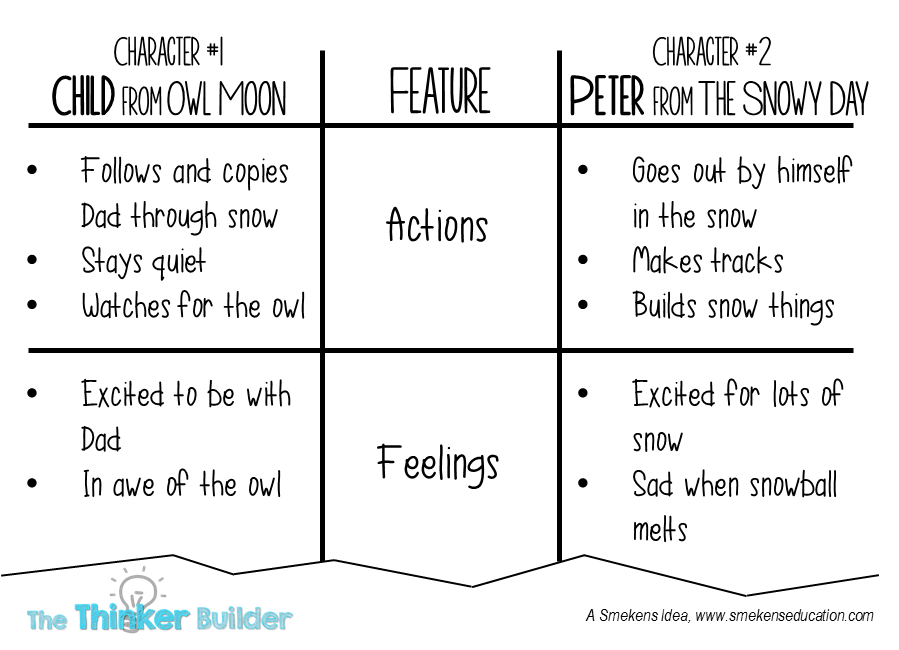Comparing things is a natural part of human cognition, and it can be a useful skill in many different contexts. Whether you are trying to choose between two different products, deciding which job offer to accept, or simply trying to understand something better, the ability to compare can be extremely valuable. In this essay, we will explore some tips for effectively comparing things, and we will consider some common pitfalls to avoid.
The first step in comparing things is to identify the criteria that you will use to make your comparisons. This might include factors such as price, quality, features, performance, durability, appearance, or any other relevant characteristics. It is important to be as specific as possible when defining your criteria, as this will help to ensure that you are making fair and meaningful comparisons.
Once you have identified your criteria, the next step is to gather information about the things you are comparing. This might involve doing research online, talking to friends or colleagues, or seeking out expert opinions. It is important to be as thorough as possible in your research, as this will help to ensure that you have a complete and accurate understanding of the things you are comparing.
Once you have gathered all of the necessary information, it is time to start comparing. One way to do this is to create a chart or a table that lists your criteria and the relevant information for each thing you are comparing. This can be a useful way to visually organize your thoughts and make it easier to see how the things you are comparing stack up against each other.
Another important aspect of comparing things is to consider the context in which the comparisons are being made. For example, if you are trying to choose between two different products, it might be relevant to consider how they will be used, or what other products or services they will be used with. Similarly, if you are comparing job offers, it might be important to consider factors such as the location of the job, the company culture, and the potential for advancement.
One common pitfall to avoid when comparing things is to focus too much on a single criterion. While it is important to consider all of the relevant criteria, it is also important to recognize that no single criterion is likely to be the most important in all situations. Instead, it is usually best to consider all of the criteria together and to weigh them against each other.
Another pitfall to avoid is to rely too heavily on subjective opinions or personal biases. While it is natural to have preferences and opinions, it is important to try to be as objective as possible when comparing things. This might involve seeking out multiple sources of information, asking for feedback from others, or considering the pros and cons of each option.
In conclusion, comparing things can be a useful skill in many different situations. By identifying the relevant criteria, gathering information, and considering the context in which the comparisons are being made, you can effectively compare things and make informed decisions. It is important to avoid focusing too much on a single criterion or relying too heavily on subjective opinions, and to try to be as objective as possible when comparing things.


